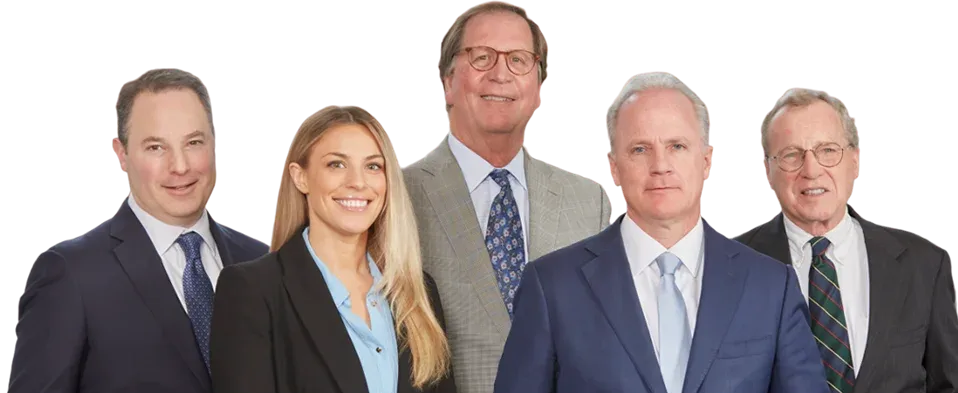Dealing with a car accident can be challenging, especially when dealing with insurance companies. It is a common expectation that, after an accident, you will receive a fair and accurate estimate for your damages. However, what if you suspect the insurance company’s estimate is not made in good faith? Bad faith estimates can seriously undermine your ability to recover and move forward after an accident.
You need to recognize and address these estimates to ensure you get the compensation you deserve. Sometimes, insurance companies might try to minimize their payout to protect their bottom line. Having the knowledge and tools to handle such situations can make all the difference in your recovery process.
Learn to recognize bad faith estimates
A bad faith estimate usually stands out because it does not seem to align with the extent of damages you have sustained. The signs can include estimates that do not cover all the damages, ignore professional assessments or disregard your medical bills and other related expenses.
Gather your evidence
The first step in countering a bad-faith estimate is gathering all your evidence. Document everything related to the accident. This includes photos of the damages, any medical records and repair quotes from trusted professionals.
Get several repair estimates
Do not rely solely on the estimate provided by the insurance company. Instead, obtain multiple estimates from reputable repair shops. Doing this can establish a more accurate range of the costs associated with fixing your vehicle.
Challenge the estimate
If you believe the insurance company’s estimate is inaccurate, challenge it. Present the evidence you gathered and the alternative repair estimates. Engage in a discussion and prepare to negotiate for a fairer assessment of your damages.
Familiarize yourself with the terms of your insurance policy and the obligations of your insurance provider. If you feel they are not acting in good faith, you can file a complaint with the Illinois Department of Insurance. This agency oversees state insurance practices and can guide you on your next steps.
